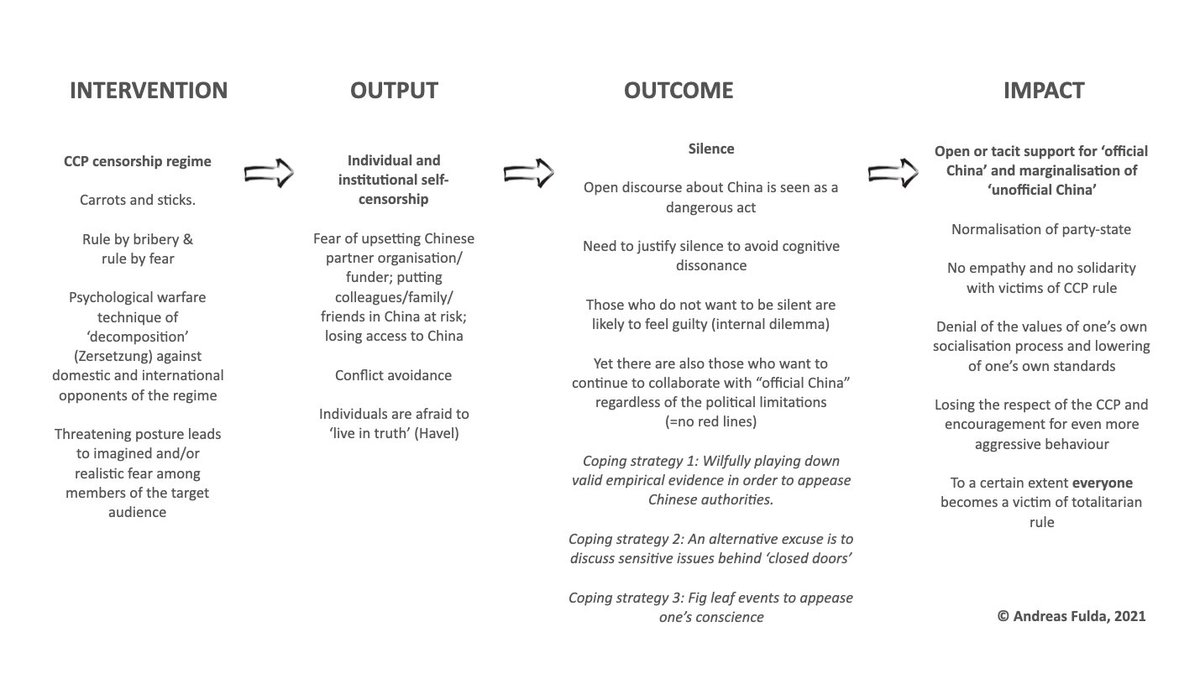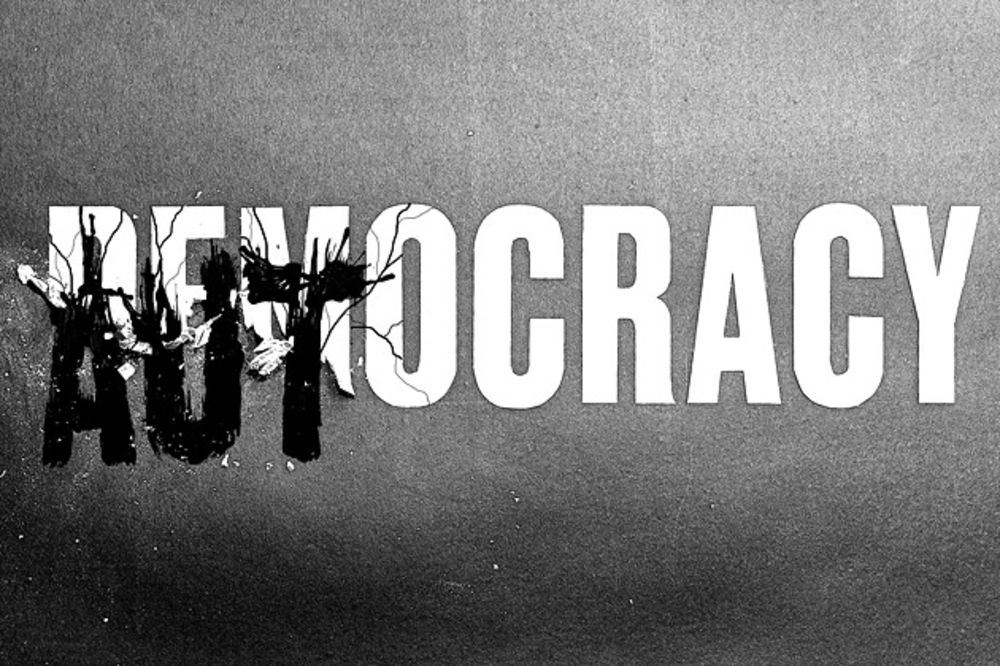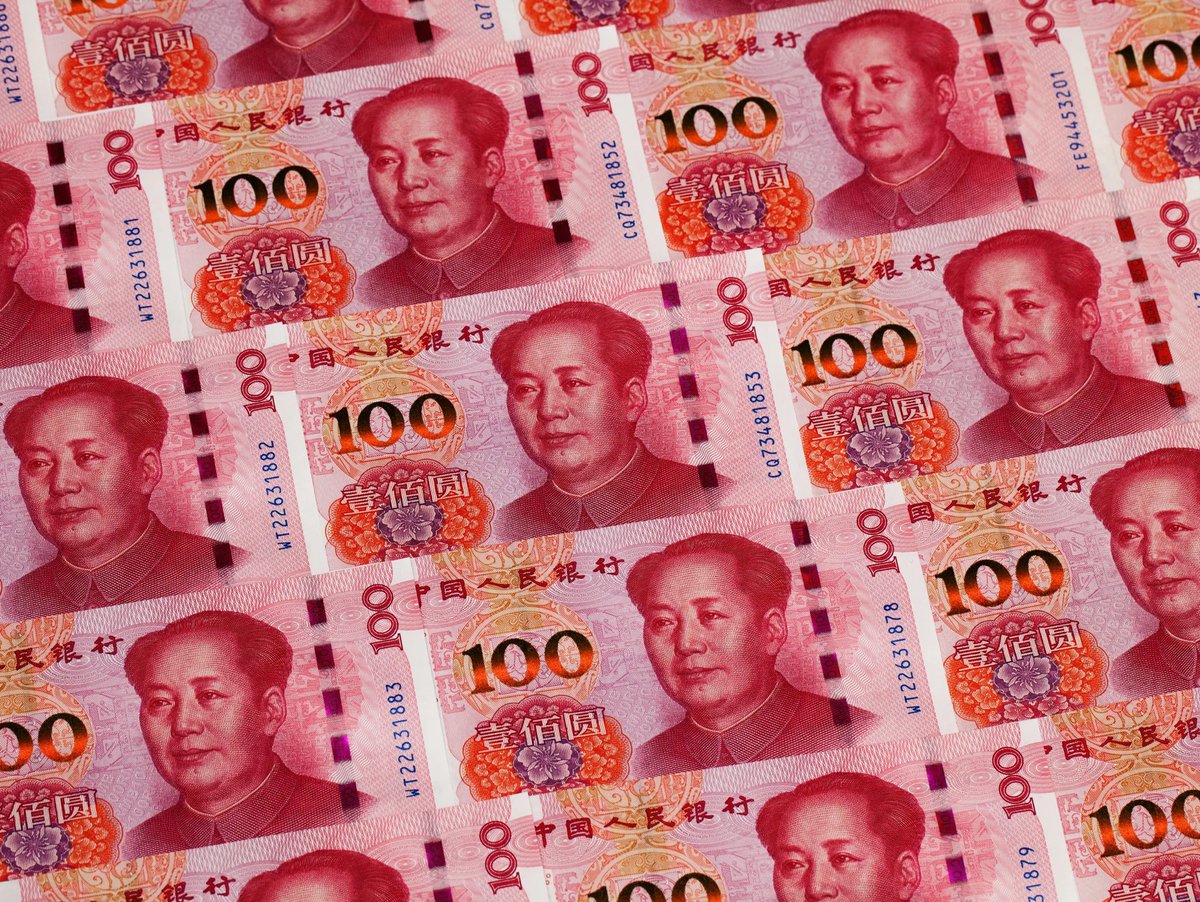
Have you ever wondered how the Chinese Communist Party's censorship regime works at home and abroad? What follows is a short thread 🧵 /1 

The CCP's sharp power works with the help of the *simultaneous* use of carrots and sticks. In my book "The Struggle for Democracy in Mainland China, Taiwan and Hong Kong" I called the carrots rule by bribery and the sticks rule by fear /2 

A key instrument is the psychological warfare technique of ‘decomposition’ (Zersetzung) against domestic and international opponents of the regime /3 

The CCP's threatening posture leads to imagined and / or realistic fear among members of the target audience. The result is individual and institutional self-censorship. Why is self-censorship so corrosive? /4 

People start worrying about upsetting Chinese partner organisations / funders; fear putting colleagues / family / friends in China at risk; and / or fear losing access to China. Such conflict avoidance means that individuals are afraid to ‘live in truth’ (Václav Havel) /5 

Another outcome of censorship is enforced silence. Open discourse about China is seen as a dangerous act. Victims of CCP censorship need to justify silence to avoid cognitive dissonance. And those who do not want to be silent are likely to feel guilty (internal dilemma) /6 

Yet there are also those who want to continue to collaborate with “official China” regardless of the political limitations. When there are no red lines to such an unconditional engagement, however, we can observe highly problematic coping strategies /7 

Coping strategy 1: Wilfully playing down valid empirical evidence in order to appease Chinese authorities /8 

Coping strategy 2: An alternative excuse is claim to discuss sensitive issues behind ‘closed doors’ only /9 

It leads to the open or tacit support for ‘official China’ (represented by the party-state) and the marginalisation of ‘unofficial China’ (by which I mean Chinese citizens who seek autonomy from the CCP and who no longer accept its rule by fear) /12 

Acceptance of the CCP's political censorship also leads to a denial of the values of one’s own socialisation process and the lowering of one’s own standards /15 

And another impact of not mounting any resistance to political censorship is that one loses the respect of the Chinese Communist Party, which leads to an encouragement for even more aggressive behaviour /16 

To a certain extent we are all victims of the CCP's totalitarian rule. But we don't have to accept this predicament. I firmly believe that we can overcome political censorship through solidarity and collective action /17 

Did I perhaps overlook some important aspects related to the phenomenon of the CCP's censorship regime? Do you agree or disagree? What can we do beyond standing in solidarity with one another to overcome CCP censorship? Your comments and reflections are most welcome /End 

• • •
Missing some Tweet in this thread? You can try to
force a refresh












